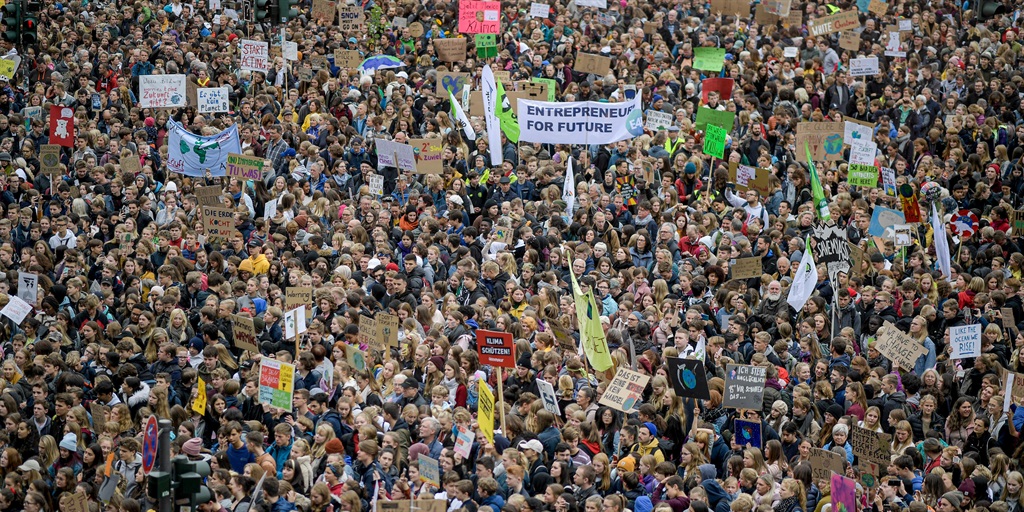
A growing human population which is putting pressure on resources is making the world more susceptible to the spread of zoonotic pathogens, which accounts for 75% of emerging infectious diseases, writes Anke Nel.
World Environment Day is observed annually on 5 June, and this year the focus will be on ecosystems restoration and the need to reset our relationship with nature. Pakistan will host the 2021 event, with environmental issues that the country faces and the initiatives it has taken to mitigate these concerns being highlighted.
This year’s theme complements the start of the United Nations’ (UN) decade of focusing on ecosystem restoration, which will end in 2030. Pakistan successfully launched a four-year national restoration campaign, the Ten Billion Trees Tsunami Programme, to restore and revive its forest and wildlife resources, and improve efforts to conserve existing protected areas.
Last year, Inger Andersen, executive director of the UN’s Environment Programme, emphasised the fact that humans are placing too much pressure on the natural world, and that our failure to take care of the planet amounted to a failure to take care of ourselves.
We depend on nature to provide us with food security, clean air, water and medicine, but it is our responsibility to reduce the impact of climate change. To meet the increased demands of a population that is almost eight-billion strong, and which relies on trade and various other economic activities, we would require 1.6 Earths and need to save one million species that are currently at risk of extinction globally.
Impact of climate change
The above can be related to the global outbreak of Covid-19, which may seem unrelated to the theme of biodiversity and ecosystem restoration, but the increased loss of habitat and biodiversity – due in part to climate change and our ever-increasing destruction of nature – is closing the gap between humans and other species.
This increasingly intimate relationship means that the world is more susceptible to the spread of zoonotic pathogens, which account for about 75% of emerging infectious diseases. If we continue to change the diversity of ecosystems to their detriment, we foster environments that assist the spread of pathogens.
Though the coronavirus clearly indicates that biodiversity loss can increase our susceptibility to zoonotic diseases, it also highlights the positive impacts that unintended restrictions on human behaviour – such as lockdowns and restricted travel – can have on the restoration of ecosystems. This once again illustrates that human behaviour can bring about positive environmental change. Consider the following examples:
- In the US, Western Europe and China, pollution has decreased by as much as 60% since the inception of lockdown measures;
- Clarity has increased in the Great Barrier Reef in Australia;
- African penguins, kangaroos and other animals have been roaming quiet streets in various countries;
- Water bodies have become cleaner and quieter (the water in Venice is cleaner and its aquatic life has become more visible). The reduced noise pollution caused by boats and people on beaches has made it possible for whales and sea turtles to enjoy their natural habitats as intended;
- The air has been cleaner. China, for example, saw a 25% drop in pollutants, with air quality improving by 11.4%. The lockdown measures also brought to light the direct correlation between economic and industrial activities and air pollution;
- Smog and haze from air and road transportation have been reduced;
- Wildlife has become more visible.
Human behaviour change needed
Unfortunately, these are by no means long-term effects, but they do illustrate the potential of changes in human behaviour to change our relationship with nature and prevent future pandemics.
World Environment Day is an opportunity for roleplayers to come together to collaborate in an attempt to find long-term solutions for the protection of global ecosystems. However, it is increasingly important for events emphasising environmental change to include the voices of nature’s closest allies – the indigenous groups. Even though these groups make up only a small percentage of the global population, they can teach us how to live in a way that places fewer demands on nature and help us to regain harmony.
Countries should understand that this is a global issue and that they need to work together to ensure the sustained protection of the planet and its ecosystems. Only in this way can the world avoid the ever-growing possibility of another pandemic and protect the natural environment to which we are inexorably linked.
- Anke Nel, Andrew W Mellon Scholar and Assistant Lecturer in the Department of Political Sciences at the University of Pretoria.
Disclaimer: News24 encourages freedom of speech and the expression of diverse views. The views of columnists published on News24 are therefore their own and do not necessarily represent the views of News24




 Publications
Publications
 Partners
Partners
























